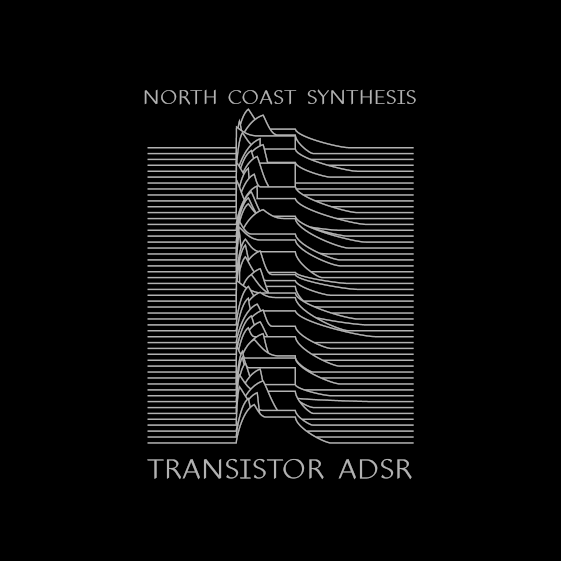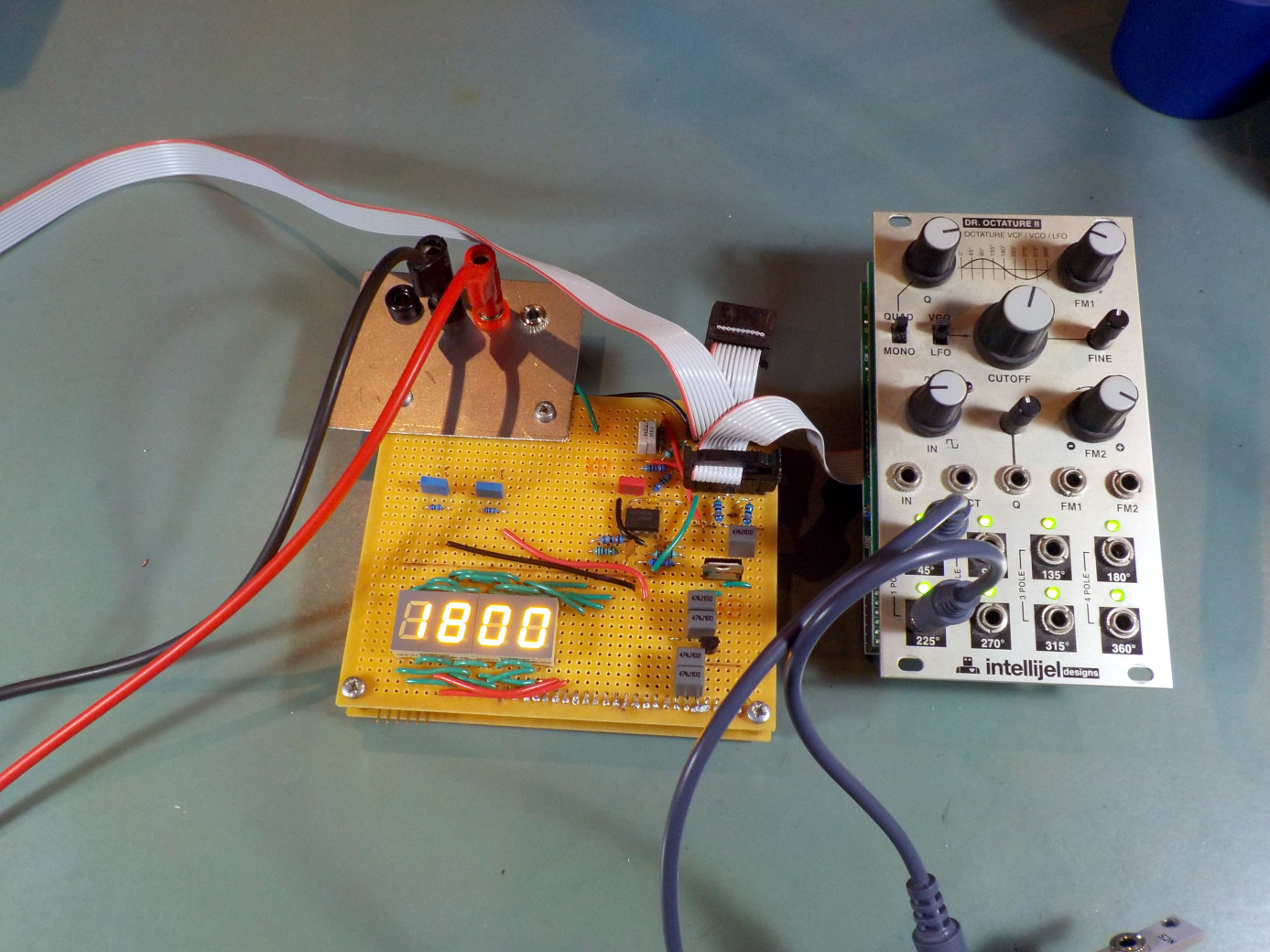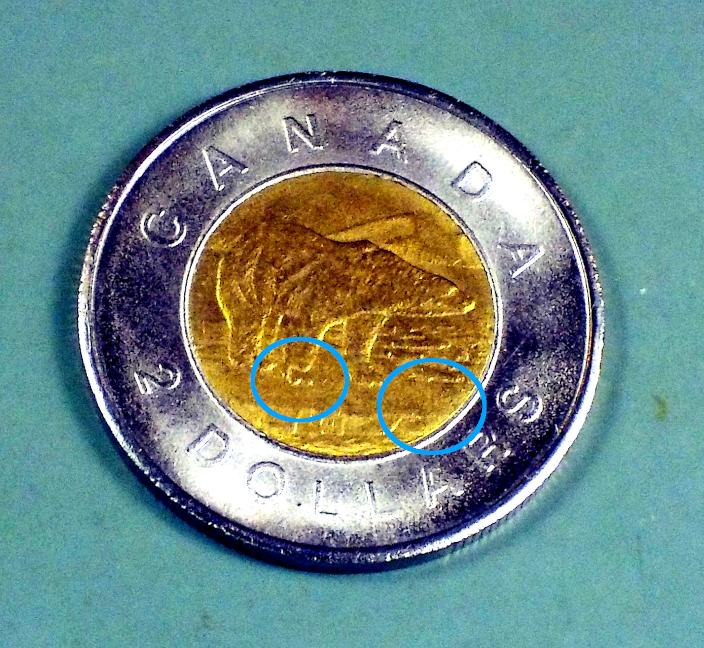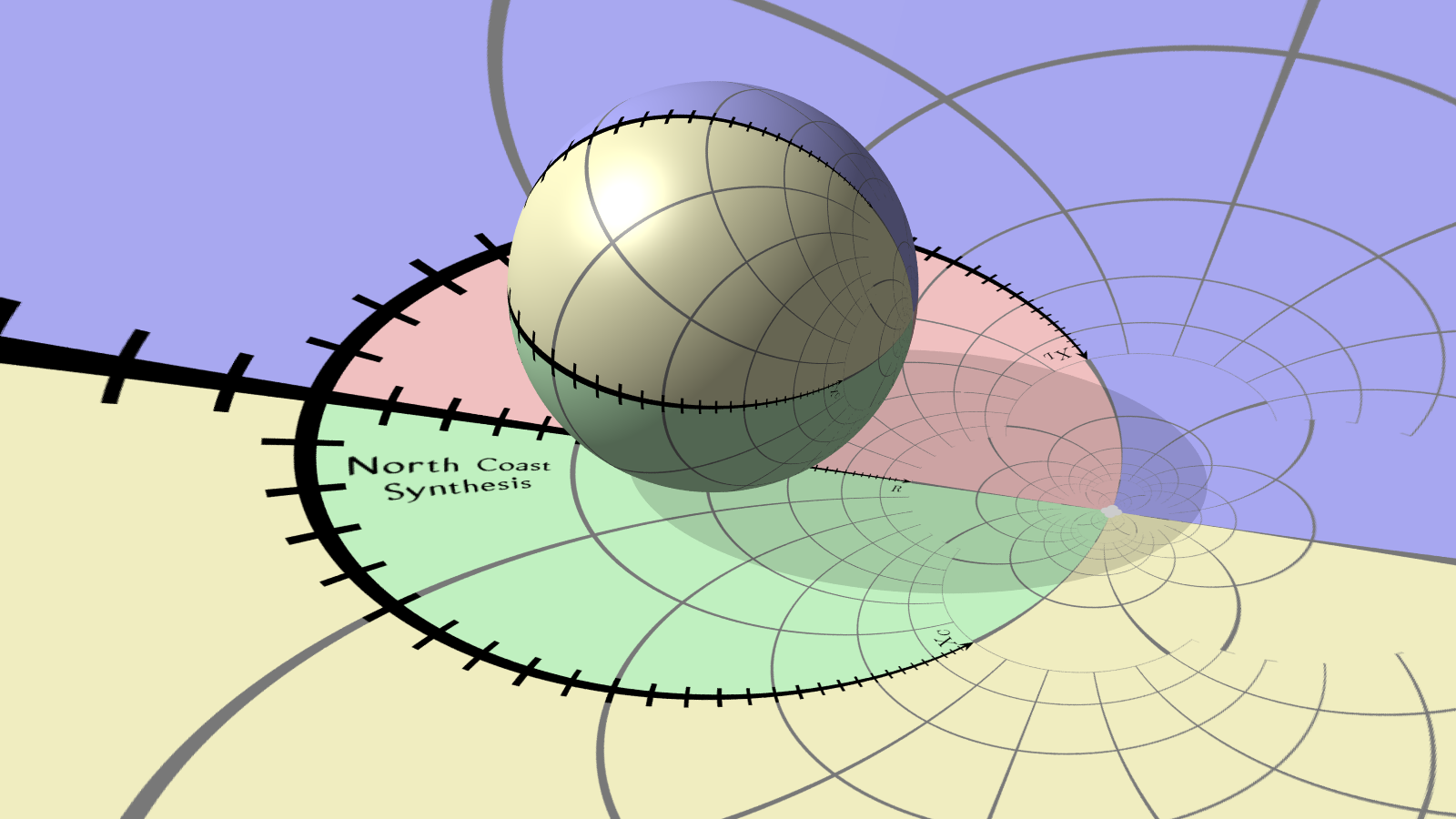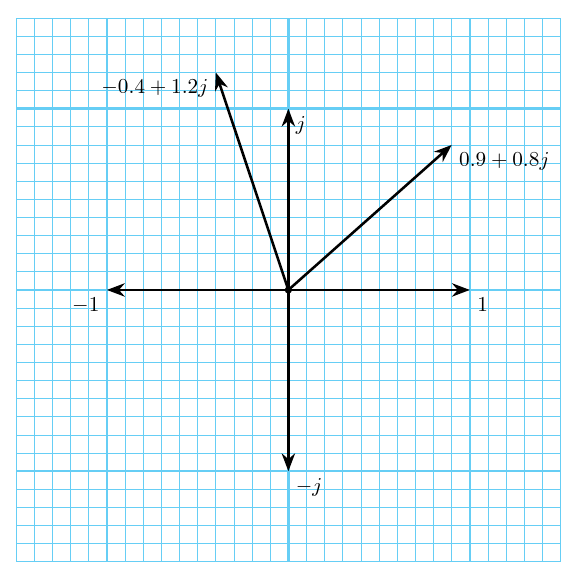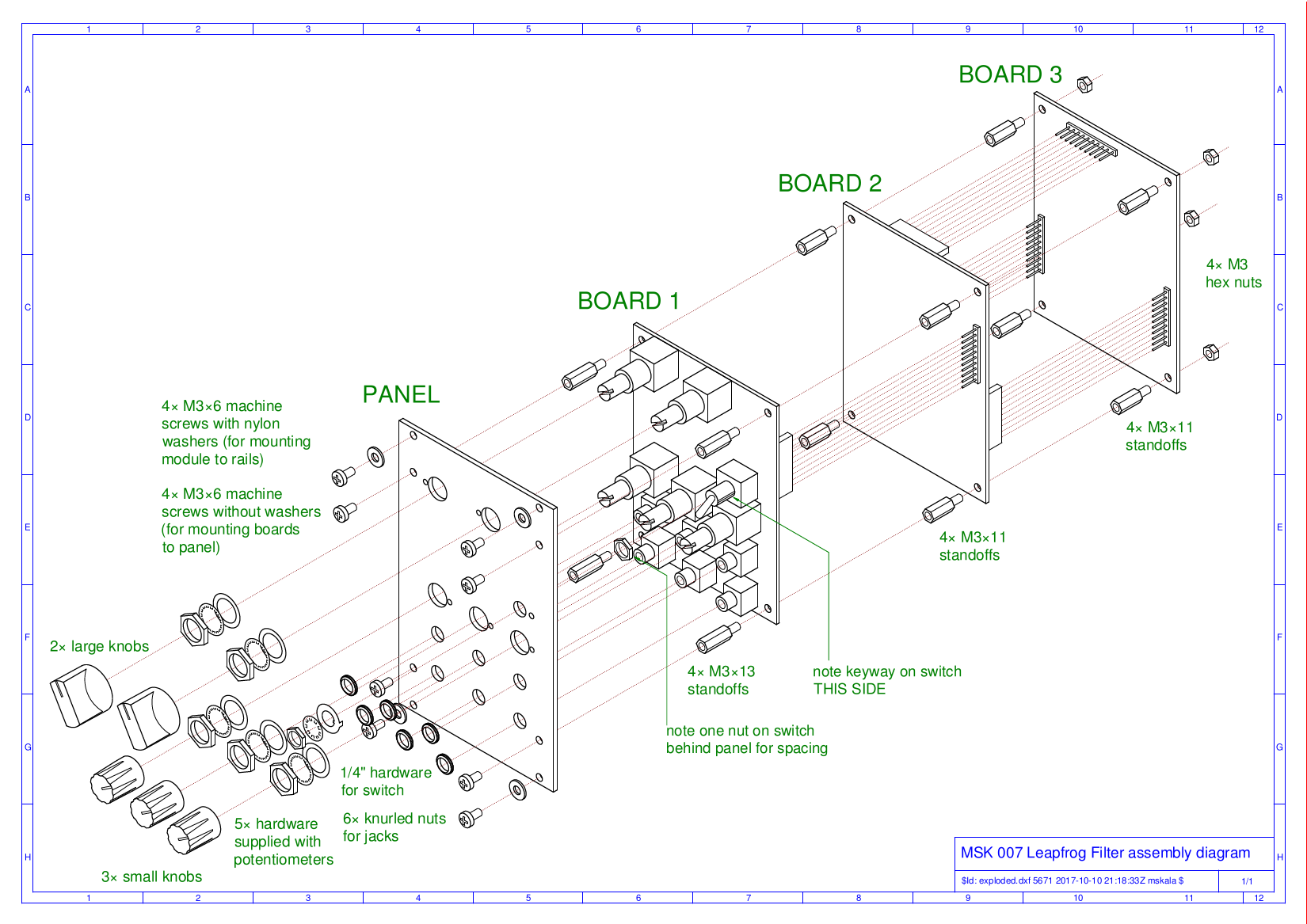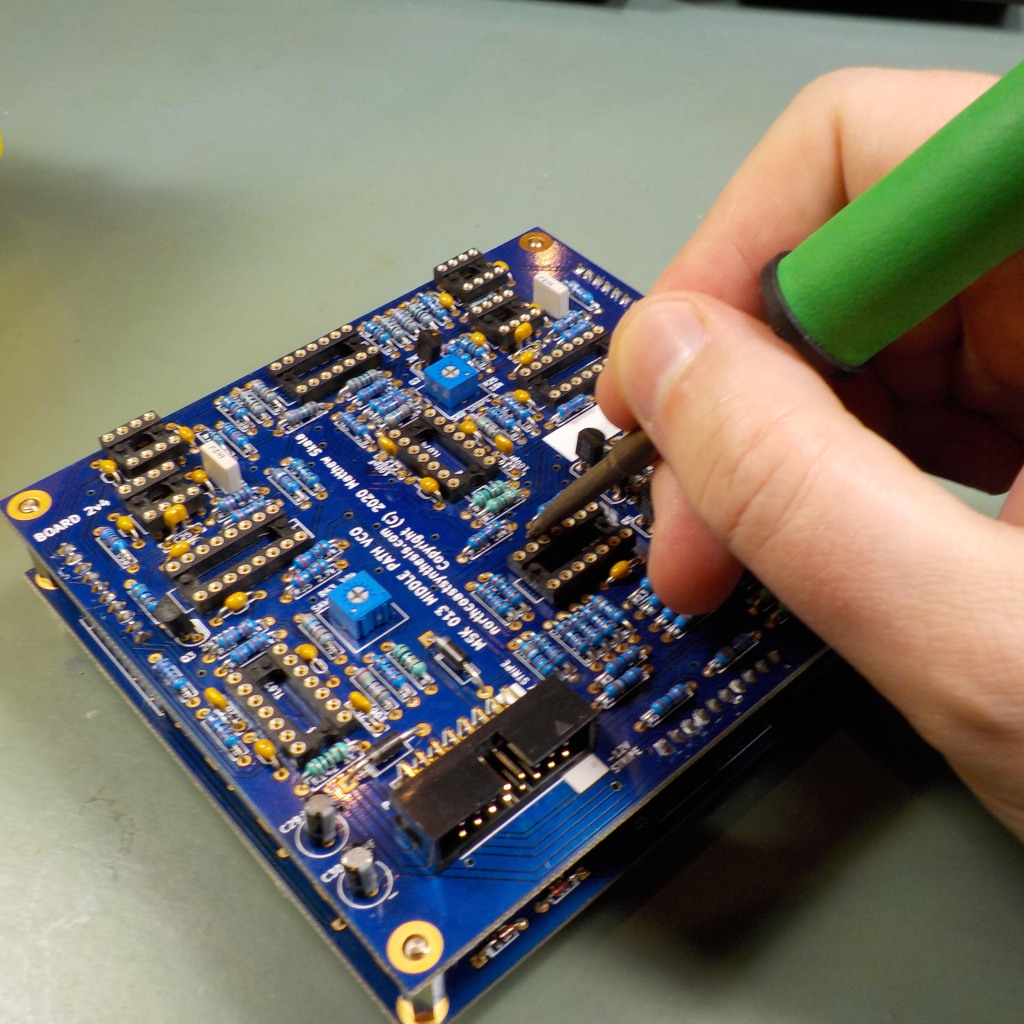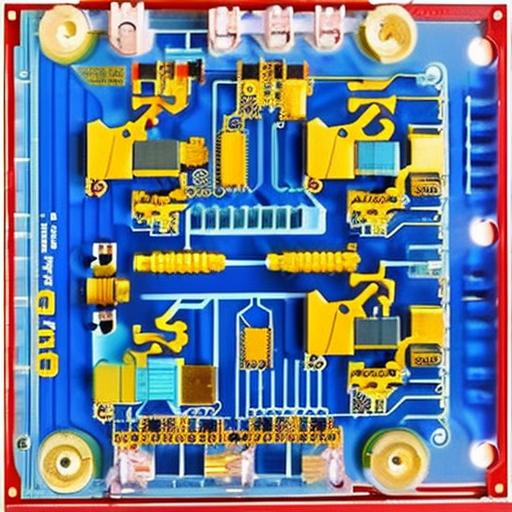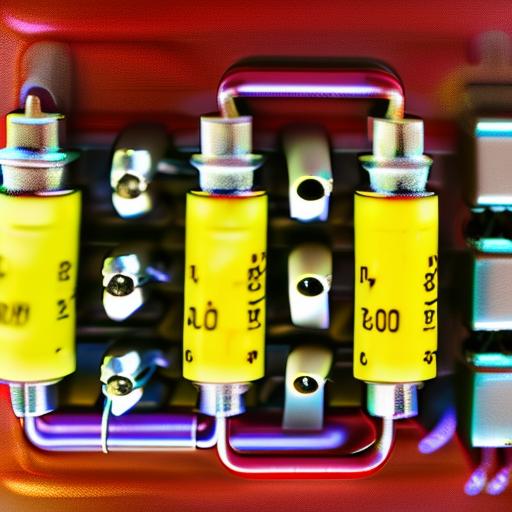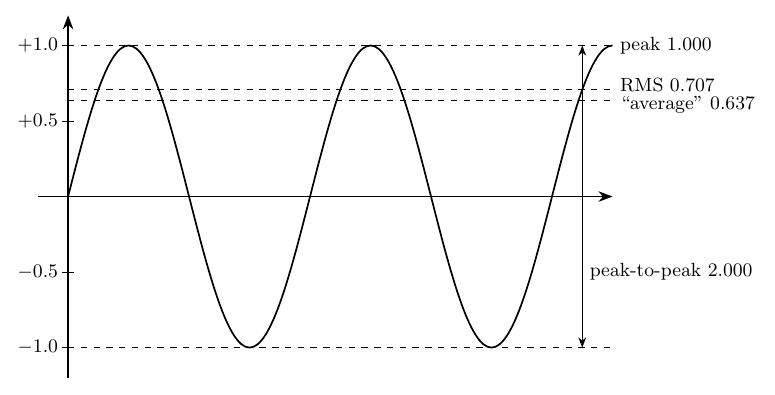tag "electronics"
Opening the envelope
Quick: which module is most important in defining the sound of your modular synthesizer? READ MORE
Building a PIC24F phase meter
Adjusting an MSK 007 Leapfrog VCF to its best possible operation involves a tricky process of feeding in a 740Hz sine wave and measuring phase differences between different test points. I also had reason to measure phase differences in my recent experiments on recognizing fake coins. Although my oscilloscope has a mode for measuring phase differences that works well enough, it can be annoying to use, and I thought it'd be a fun project to build a better tool. READ MORE
Tickling twonies with triangle waves
There's been a plague of bad twonies in Toronto recently. These are counterfeit Canadian $2 coins. They've been called "camel toe twonies" because one of the most visible features of the bad ones is that the right front paw of the polar bear on the reverse is misshapen, vaguely resembling the toe of a literal camel and not any other meaning of that term. READ MORE
Smith chart by projection
I want to use a Smith chart in an upcoming article here, but it occurs to me that most readers probably aren't familiar with them. Smith charts don't come up very often in audio, being mostly an RF thing. So as with complex numbers, I'm posting this separate article to introduce Smith charts, and then I can refer back to it when I use them later. READ MORE
Why you need complex numbers
I plan to use complex numbers in an upcoming article, and I thought I'd better post some introductory material about them first. Of course, there are many introductions to complex numbers on the Net already and there may not be much new I can say; so rather than focusing on what complex numbers are, which you can find almost anywhere, I thought I'd come in from a different direction and talk about why you should care about them. READ MORE
Build your own commercial module part 2: design and development
Once you have a clear idea of what commercial module you're trying to build, the design concept as described in the first part of this article series, you face the task of turning that concept into a design as such: an electronic circuit with all the details specified so that it can be manufactured on a commercial basis, with all the necessary side items like the layout of a printed circuit board, information on where to get all the parts, physical shapes of things like panels, and so on. This kind of design work is critically important to the success of the product, but it also demands a lot of technological skill, so it's often the stage where it makes sense to bring in a consultant to help. READ MORE
Delta-sigma DACs and CODECs
In the first part of this three-part series on DACs and bit counts, I described what it means to have a certain number of bits in terms of voltage accuracy and signal to noise ratio. Then in the second part I described some ways that DACs are built, basically out of resistors and switches. There are a lot of details along the way, but the big picture in both articles is that you can't really have a DAC with more than about 16 bits. Past that point, the cost of actually building it increases rapidly and the possible benefit drops away. For control voltage generation, the level of absolute voltage accuracy is often closer to 12 bits. READ MORE
DACs, resistors, and switches
In the previous entry, on DACs and bit count, I talked about the relation between how many bits a DAC has and how accurate its voltage can possibly be, both at the limits of modern technology (liquid-helium-cooled superconducting Josephson references) and in the abstract for theoretically perfect DACs. In this entry, let's look at the details of some more realistic DAC designs that would actually be used in Eurorack modules. READ MORE
DACs and bit count
The connections between modules in a modular synthesizer are made with analog voltages, both for audio and control signals. Many popular modules use digital processing internally, but they need to convert to and from analog voltages to communicate with other modules. Even a non-modular synth that might use entirely digital signalling internally, has to convert those signals to analog at some point in order to drive a speaker. So digital to analog converters (DACs), and the corresponding analog to digital converters (ADCs), are important in synthesizers and people say and think many things about them, not all of which are correct. READ MORE
Inrush current and measuring it
Sometimes I get questions about what the questioners call the "inrush current" of North Coast Synthesis modules. I think people who ask about this are usually hoping I can give them a single number in answer - "The inrush current of X module is Y number of milliamps" - and then they'll be able to compare it against some specification of a power supply and know whether it'll be safe to connect that module to that power supply, or compare it against other modules to decide which one is better and which one to buy. Maybe they think it would make sense to compile a spreadsheet or start a "List of module inrush currents 2023" forum thread. Unfortunately, inrush current isn't as simple as that. No simple answers are possible, and attempting to reduce the matter to a bare number per module is counterproductive. Let's look at the issues in more detail. READ MORE
What's your soldering success rate?
Soldering mistakes are by far the most common thing to go wrong in do-it-yourself electronics. It seems like I spend most of my tech-support time gently urging customers with failed kit builds to re-check their soldering, and when I have problems in my own builds, those also usually turn out to be soldering-related. Everybody, myself included, tends to think of failed components as a likely cause of problems, and we spend a lot of time doing differential diagnosis to figure out which components might have failed; but then once the problem is narrowed down to a single component, the actual issue usually turns out to be a bad solder joint on that component, not the component itself. The real point of the debugging is often just to figure out which solder joints to look at more closely. READ MORE
More about DC coupling
Operational amplifiers ("op amps") are popular analog building blocks, especially in synthesizer electronics, because it's easy to analyse what they do to voltages. The first rule of op amp analysis is that (in negative feedback configurations, and when this is possible) the amplifier moves its output voltage in order to make its input voltages equal. That is useful in building circuits to manipulate DC voltages. READ MORE
Electrolytics for AC coupling
There are some special considerations relevant to electrolytic capacitors in AC coupling applications, and that's the topic of this second part of the series on AC and DC coupling. Low impedances and low cutoff frequencies require high capacitance values, and electrolytic capacitors may be the only practical way, or at least a very appealing way, to achieve those values. READ MORE
AC and DC coupling
I overheard somebody asking about the plusses and minuses of DC coupling, and AC coupling capacitors, and being told to read the detailed explanation of such things I'd written on this Web site. I was flattered to think the speaker found my article helpful, especially because I'd never actually written one about that! READ MORE
All about levels
There's a lot of confusion in the modular synth world about signal levels. We often don't have a clear idea of what can plug into what, even within the modular rack; let alone when it comes to interfacing with other equipment. I've been working on guitar pedal designs recently and connections between those and modular often raise level-conversion issues. A whole lot of unnecessary "external input" and "external output" modules are sold to newbie wigglers who've been told that modular and other-equipment levels are fundamentally different and need to be converted - but although usually unnecessary in most modular racks, such modules do also serve useful purposes in certain contexts. What is really going on with signal levels? In this article I'll go through some of the concepts used for describing signal levels accurately, then talk about some of the levels commonly seen in audio work. READ MORE
